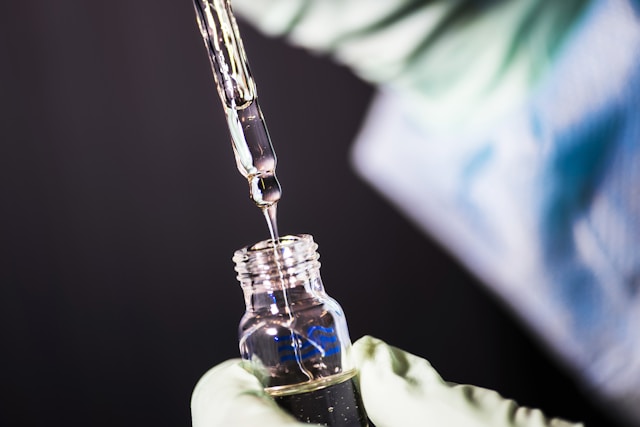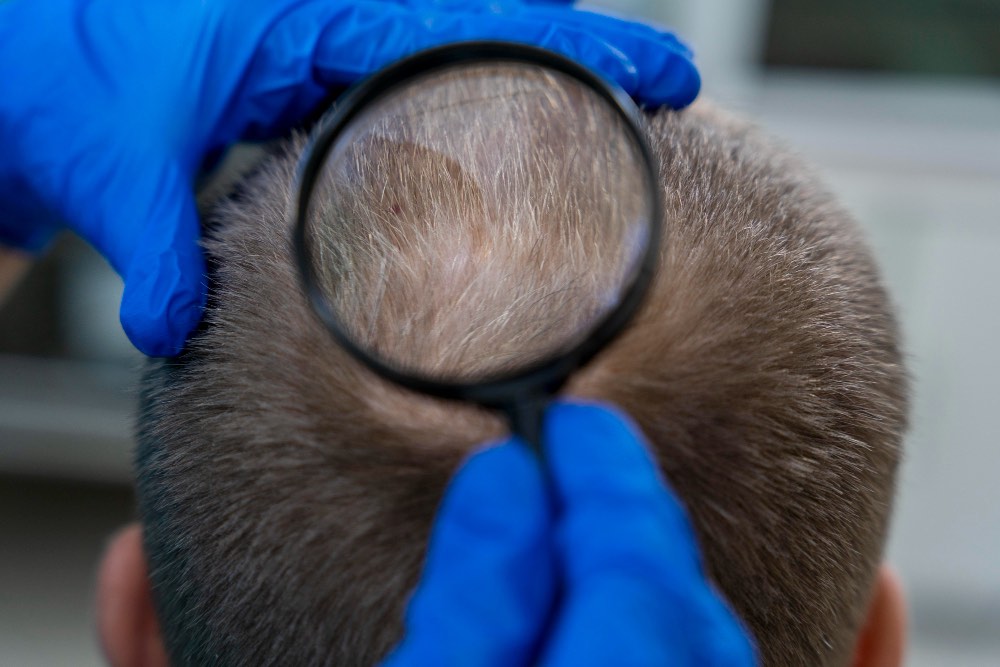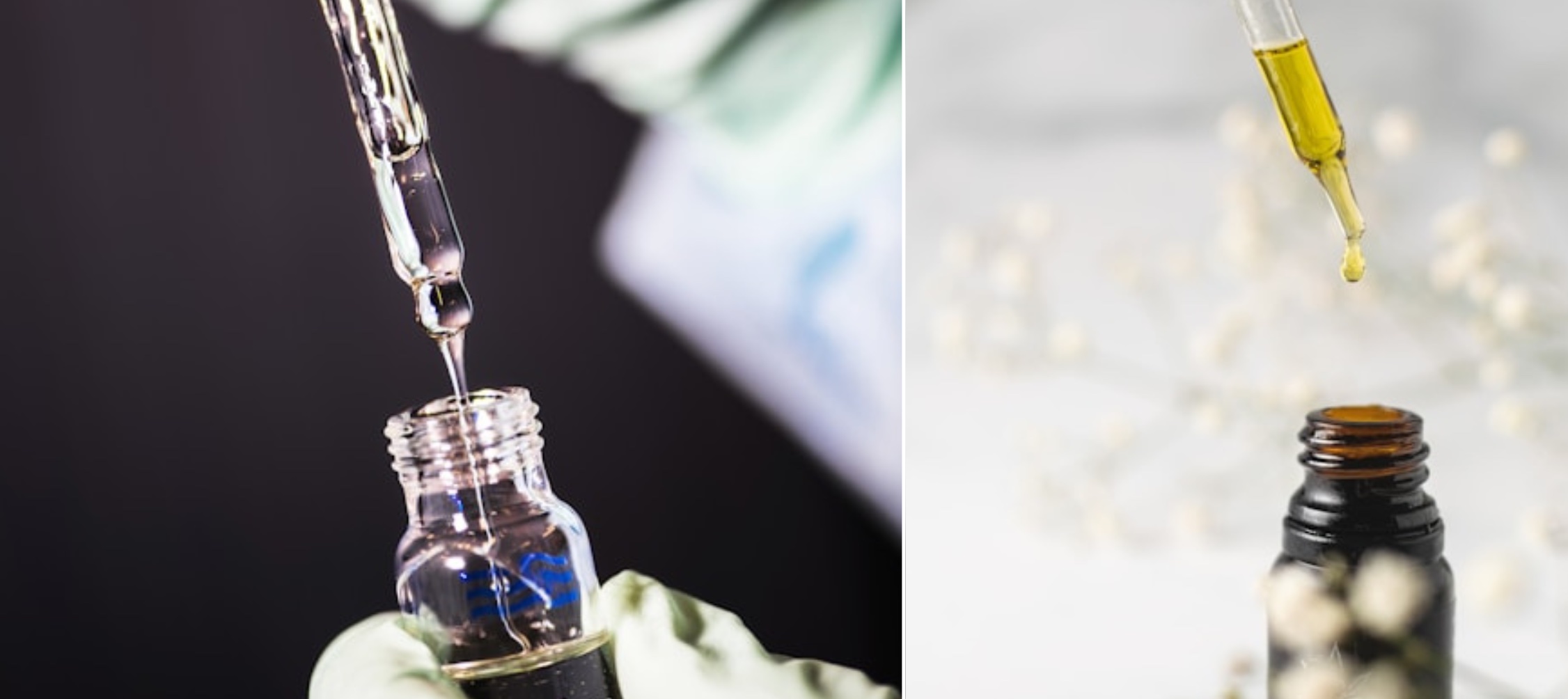In recent years, the discourse surrounding cannabis and its derivatives has evolved significantly. One aspect that remains a point of contention and concern for many individuals is the presence of delta-9 tetrahydrocannabinol (THC) in drug tests.
As legalization efforts continue to gain momentum in various parts of the world, understanding the implications of THC in drug testing becomes increasingly important.
This article aims to provide clarity on whether delta-9 THC shows up in drug tests, the factors influencing detection, and its potential implications.
What Is Delta-9 THC?
Delta-9 THC is a psychoactive compound found in cannabis plants. It is one of over 100 cannabinoids identified in the plant, but it is primarily responsible for the euphoric effects commonly associated with marijuana use.
When you buy delta-9 gummies or consume, whether through ingestion, delta-9 THC interacts with the body’s endocannabinoid system, affecting various neurotransmitters and receptors, leading to the sensation of being “high.”
Drug Testing Methods Of Delta-9 THC
Drug testing is a common practice employed by employers, law enforcement agencies, and other entities to detect the presence of illicit substances in an individual’s system.
Several methods are used for drug testing, including:
- Urine tests
- Blood tests
- Saliva tests
- Hair follicle tests
Each method has its detection window and sensitivity to different substances.
Does Delta-9 THC Show Up In Drug Tests?
The short answer is yes; delta-9 THC may show up in drug tests. However, the likelihood of detection depends on several factors, including the type of test being used, the frequency and amount of cannabis consumption, and individual metabolism.

Urine Tests
Urine tests are the most common method of drug testing due to their convenience and cost-effectiveness. Delta-9 THC may be detected in urine for several days to weeks after use, depending on factors such as frequency of use, dosage, and individual metabolism. Chronic users are more likely to test positive for THC compared to occasional or first-time users.
Blood Tests
Blood tests are less standard for detecting THC due to their invasive nature and shorter detection window. Delta-9 THC typically remains detectable in the bloodstream for a few hours to a few days after use, making blood tests more suitable for detecting recent cannabis consumption, such as in cases of driving under the influence.
Saliva Tests
Saliva tests are becoming more popular for roadside drug and workplace testing due to their non-invasive nature and relatively short detection window. Delta-9 THC may be detected in saliva for a few hours to a few days after use, depending on factors such as frequency of use and dosage.
Hair Follicle Tests
Hair follicle tests have the most extended detection window of all drug testing methods. They may detect THC metabolites in hair for up to 90 days or longer after use. While hair follicle tests are susceptible, they are also more expensive and less commonly used than other methods.

Some Factors Influencing The Detection Of Delta-9 THC
Several factors may influence the detection of delta-9 THC in drug tests:
Frequency of Use
Regular or chronic cannabis users are more likely to test positive for THC compared to occasional or first-time users due to the accumulation of THC metabolites in the body over time.
Dosage
The amount of THC consumed plays a significant role in detection. Higher doses of THC are more likely to result in a positive drug test compared to lower doses. Additionally, the quality and dosage of delta-9 in edibles depend on purchasing them from reputable vendors. For this reason, many consumers prefer Budpop as their go-to brand for high-quality natural products.
Metabolism
Individual metabolism varies from person to person and may affect the rate at which THC is processed and eliminated from the body. Factors such as age, weight, and overall health may influence metabolism and, consequently, the duration of THC detection in drug tests.
Type of Cannabis Product
Cannabis products may have a wide range of potencies and compositions, with some products containing significantly higher concentrations of THC than others.
When consuming edibles, the body processes THC at a slower rate, leading to longer detection times compared to ingestion. This is due to the way THC is absorbed and metabolized in the digestive system, resulting in a delayed onset of effects and a more prolonged presence in the body.
Legal Considerations Of Delta-9 THC
The legality of cannabis and its derivatives varies from one jurisdiction to another.
In regions where cannabis is legal for medical or recreational use, employers and other entities may have specific policies regarding drug testing and cannabis consumption.
It is essential to familiarize oneself with local laws and regulations concerning cannabis use and drug testing to avoid potential legal consequences.
Implications Of Testing Positive For Delta-9 THC
Testing positive for delta-9 THC in a drug test may have various implications, depending on the circumstances:
Employment
Many employers have strict drug-free workplace policies and may terminate or discipline employees who test positive for THC, regardless of whether cannabis use is legal in the individual’s jurisdiction. However, some employers may have more lenient policies, especially in regions where cannabis is legal.
Legal Consequences
In some cases, testing positive for THC may have legal consequences, such as fines, probation, or loss of driving privileges, particularly in cases of driving under the influence.

Social Stigma
Despite changing attitudes toward cannabis, there is still a social stigma associated with its use, especially in certain professional or social circles. Testing positive for THC can lead to judgment or discrimination from others, impacting one’s personal and professional reputation.
Final Take: How Long Does Delta-9 Stay In Your System?
In conclusion, delta-9 THC may show up in drug tests, with detection depending on various factors such as the type of test used, frequency and amount of cannabis consumption, and individual metabolism.
It is essential to be aware of the implications of testing positive for THC, including potential legal, employment, and social consequences.
As attitudes toward cannabis continue to evolve and legalization efforts progress, it is crucial to stay informed about the laws and regulations governing cannabis use and drug testing in your area.









